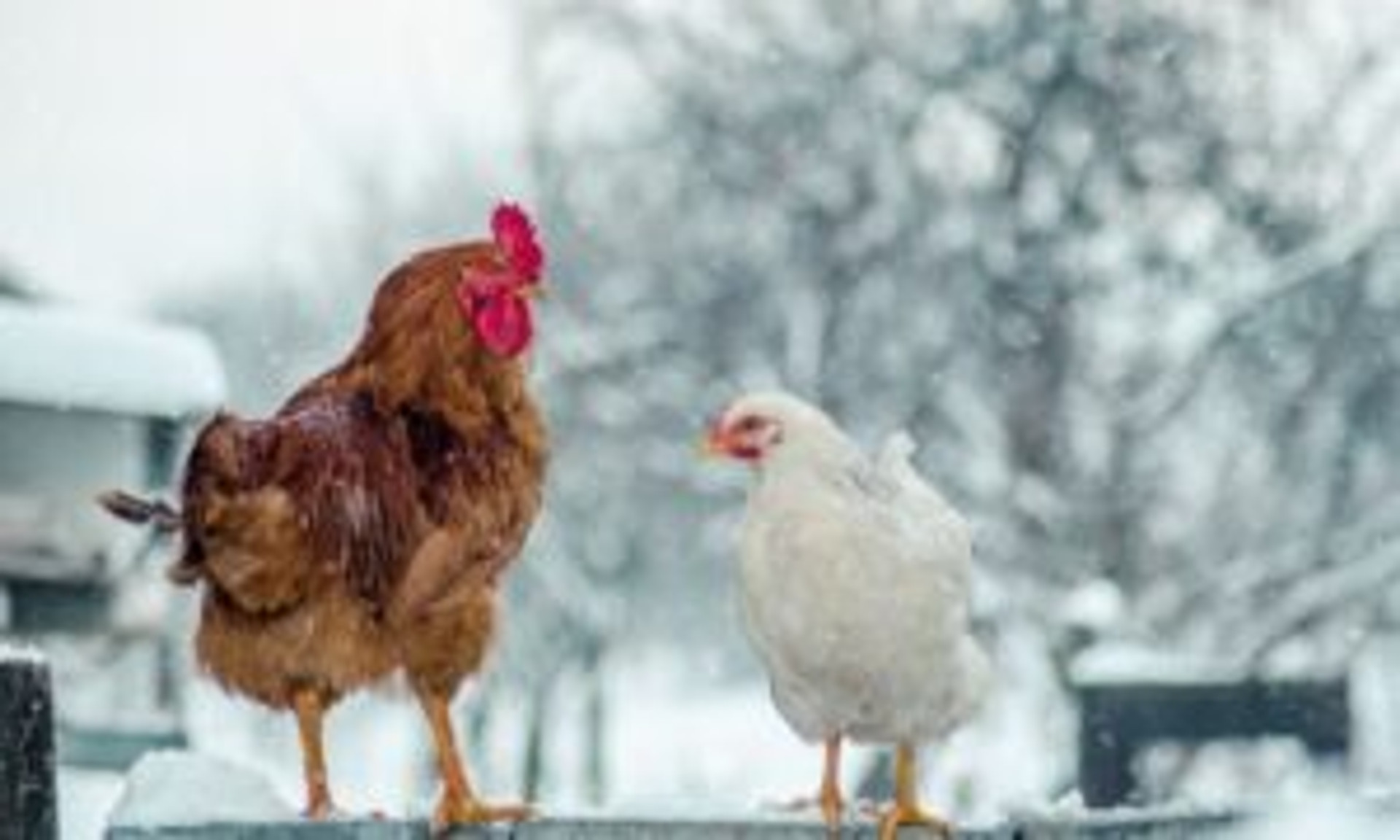How to Prevent Frostbite in Backyard Chickens
Frostbite is a danger for anyone who spends a lot of time outside in the winter, which means your backyard chickens are no exception. Extremely cold weather, combined with wind chill, can lead to severe frostbite, especially in freezing temperatures.
Moisture or humidity, and other dangerous exposure can result in damaged or dead tissue. This occurs most often in chickens’ combs and wattles and frostbitten feet, as these exposed tissues aren’t covered in feathers and have the least protection from the freezing weather. When it comes to frostbite in your flock, prevention is the best treatment.
One method on how to prevent frostbite in chickens is by using a heat lamp. Learn how to keep the bitter cold temperatures at bay with this guide on how to prevent frostbite in backyard chickens.
Choose Cold-Hardy Chicken Breeds
Chickens are hardy creatures, but certain breeds are more naturally equipped to handle extreme cold. If you live in a colder climate or experience harsher winters, consider looking into breeds that do better in cold temperatures.
Generally speaking, chicken breeds with smaller combs and heavier bodies are better at producing body heat and keeping themselves warm. Brahmas, Rhode Island Reds, and Jersey Giants are good examples of cold hardy chicken breeds.
You might also want to stick to only owning hens, as they have smaller combs and wattles than their male counterparts, thus helping to prevent frostbite.
Avoid Moisture Problems in the Coop
Being cold and wet is far more dangerous than being cold and dry. The temperature alone might not bother your birds, but exposure to moisture will make them far more susceptible to severe frostbite and other cold-weather hazards.
Eliminating these moisture problems is a crucial part of how to prevent frostbite in backyard chickens. You can start by making sure your coop is well-ventilated. This will prevent a humidity buildup that can lead to water droplets gathering and freezing on your birds’ combs and wattles.
You should also take care of your chicken watering system. Choose a waterer that prevents spills and doesn't emit direct heat. It’s also a good idea to keep your waterer outside so that your hens can’t bump into it and spill it on themselves and in the coop during the night when you’re not there.
With a little care and preparation, you can help your flock stay comfortable and avoid treating frostbite and other painful conditions this winter.

